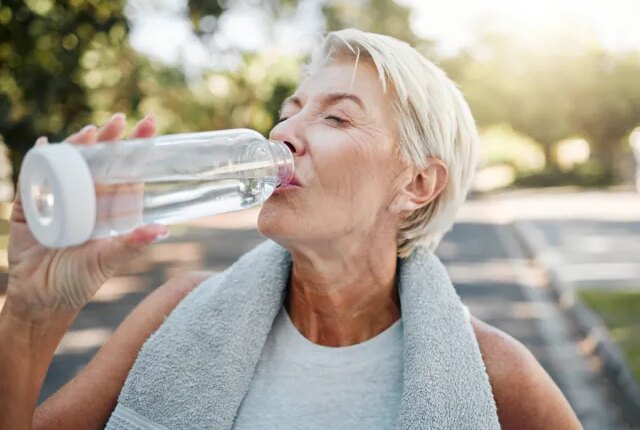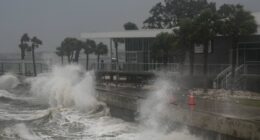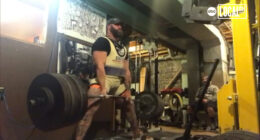When it comes to feeling your best, hydration is often the unsung hero—especially as we age. As someone with nearly 30 years of experience as a Board-Certified Family Practitioner, I’ve seen firsthand how small changes, like staying properly hydrated, can have a huge impact on energy, focus, and overall well-being. These days, as the Senior Medical Director for Prime IV Hydration & Wellness, I specialize in helping people, particularly those over 50, unlock their full potential through smarter hydration and nutrient strategies.
I’ll let you in on a little secret: it’s not just about drinking more water. The key is finding the right balance of fluids and nutrients to support your body’s changing needs. Let’s explore why hydration is so critical as we get older, some common mistakes to watch out for, and simple, effective ways to stay ahead of the curve.
Mistake: Relying Only on Thirst to Signal Dehydration
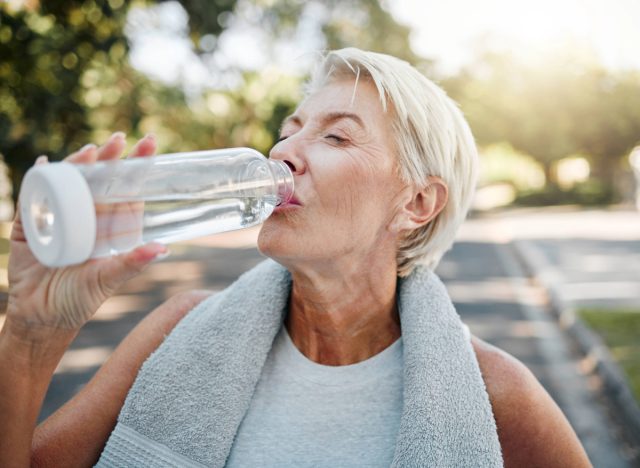
Why It’s Harmful: As we age, our thirst mechanism becomes less sensitive, meaning older adults may not feel thirsty until they’re already dehydrated. This can result in complications like dizziness, fatigue, or even falls.
Easy Fix: Adopt a hydration routine that one drinks throughout the day and consider options like IV hydration therapy if you struggle with severe dehydration or need a quick recovery. At Prime IV, we often see patients who benefit from infusions containing electrolytes, magnesium, and other nutrients to support long-term hydration.
Real Patient Example: One patient, a 65-year-old avid gardener, frequently felt dizzy after long days outdoors. In addition to setting hydration reminders, they began monthly IV treatments tailored to replenish electrolytes and vitamins. The combination transformed their energy levels and reduced their dehydration episodes significantly.
Mistake: Drinking Too Much Water Without Electrolytes
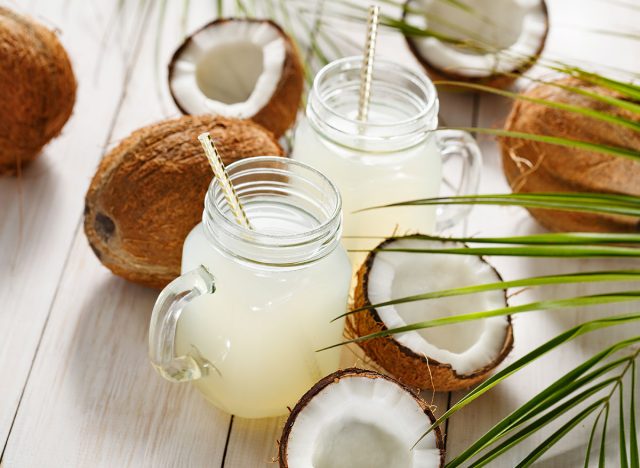
Why It’s Harmful: Overhydration can dilute electrolytes, causing symptoms like muscle cramps, nausea, confusion and in severe cases seizures and death.
Easy Fix: Incorporate electrolyte-rich drinks like coconut water or low-sugar hydration mixes. Balance water intake with sodium, potassium, and magnesium. While beverages like coconut water are great, IV therapy offers an advanced solution for those needing rapid electrolyte replenishment after prolonged dehydration.
Real Patient Example: A 58-year-old runner felt fatigued despite drinking a gallon of water daily. Adding an electrolyte mix to one bottle resolved her muscle cramps and improved performance.
Mistake: Over-Reliance on Caffeinated Beverages
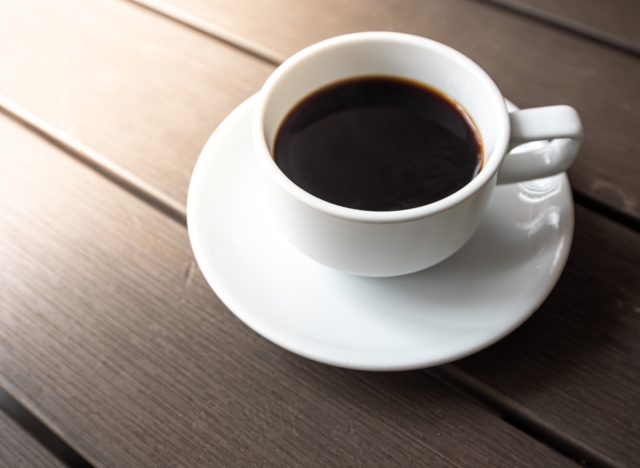
Why It’s Harmful: Caffeine is a diuretic, which can exacerbate dehydration.
Easy Fix: Limit caffeine to 1-2 cups per day and drink an equal amount of water afterward. If hydration feels like a struggle, treatments like a B-complex vitamin IV can counteract caffeine-related fatigue and boost energy.
Real Patient Example: A patient in their 60s with frequent headaches reduced coffee intake and upped water consumption, alleviating their symptoms.
Mistake: Ignoring Morning Hydration
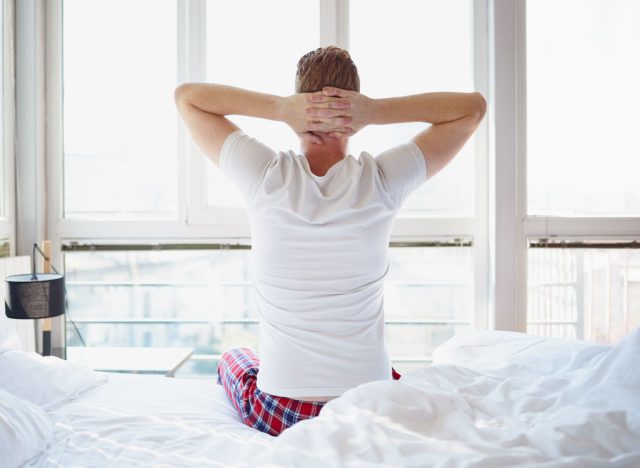
Why It’s Harmful: Overnight, the body becomes dehydrated, leading to morning grogginess and sluggishness.
Easy Fix: Start the day with a glass of water before coffee or breakfast.
Example: A 70-year-old with morning fatigue now begins every day with two glasses of water and reports feeling more alert.
Mistake: Failing to Adjust for Activity Levels
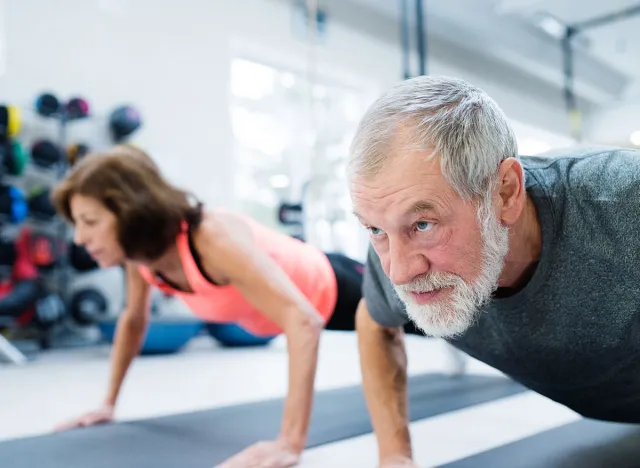
Why It’s Harmful: Staying active increases fluid loss through sweat, but many older adults don’t drink extra water when exercising.
Easy Fix: Add 8-16 ounces of water for every 30 minutes of exercise. Periodic IV therapy sessions can ensure proper hydration and nutrient balance, especially after intensive physical activity.
Real Patient Example: A 55-year-old hiker experienced heat exhaustion after a long hike. After adding extra hydration breaks, they could hike comfortably.
Mistake: Avoiding Water at Night to Prevent Bathroom Trips
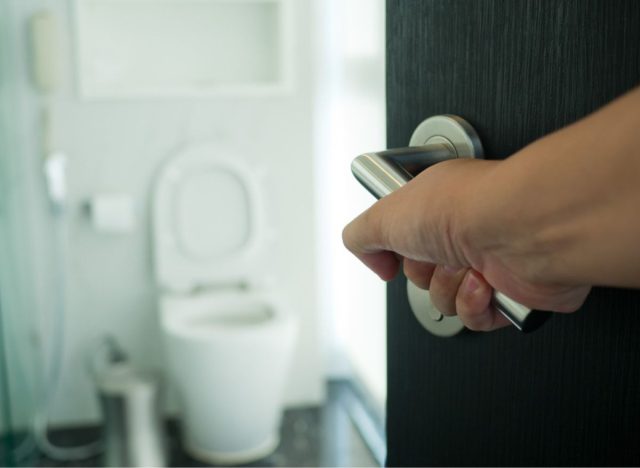
Why It’s Harmful: This can lead to dehydration during the night, causing restless sleep or morning headaches.
Easy Fix: Stay hydrated throughout the day and take small sips in the evening instead of a full glass.
Real Patient Example: A patient who avoided water after 6 p.m. had frequent leg cramps. Adjusting hydration timing resolved the issue.
Mistake: Drinking Only Plain Water
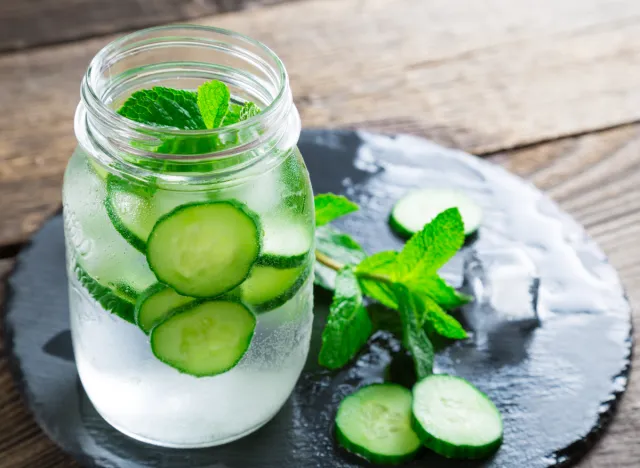
Why It’s Harmful: Plain water may not provide enough minerals to maintain proper electrolyte balance.
Easy Fix: Alternate between plain water and beverages with natural electrolytes like herbal teas or infusions with fruits and herbs.
Real Patient Example: A 60-year-old golfer now enjoys cucumber-mint water, making hydration more enjoyable and consistent.
Mistake: Overlooking Signs of Dehydration
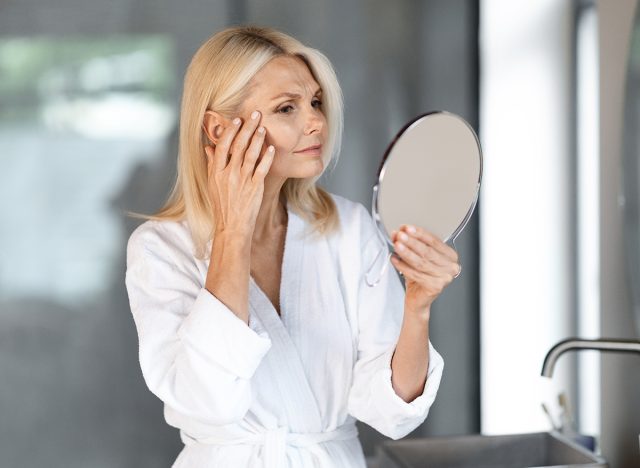
Why It’s Harmful: Symptoms like dry skin, dark urine, or muscle cramps often go unnoticed.
Easy Fix: Check urine color as a hydration indicator (pale yellow is ideal) and moisturize skin externally.
Example: A patient noticed improved skin elasticity and fewer muscle cramps after adopting this habit.
Mistake: Ignoring Hydration During Travel
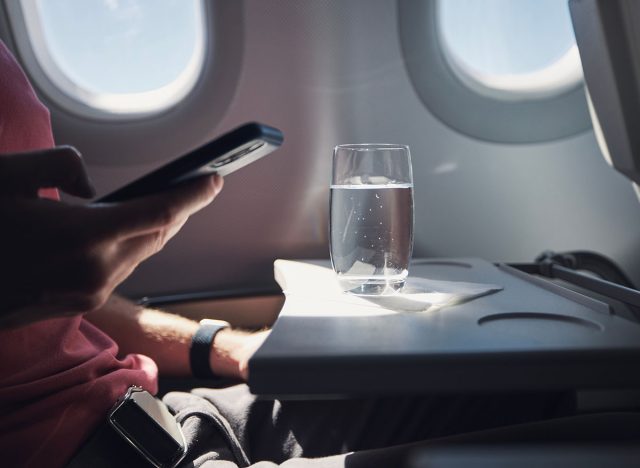
Why It’s Harmful: Long flights or road trips can dehydrate the body. Airplanes are kept at a very low humidity level causing increased fluid loss, leading to jet lag and fatigue. A more serious issue is thickening the blood increasing the risk of blood clots.
Easy Fix: Carry a refillable water bottle and hydrate regularly, especially during flights. Additionally, many patients who travel frequently find IV hydration therapy helpful for combating the dehydrating effects of air travel, allowing them to feel refreshed upon arrival.
Real Patient Example: A retired couple avoided jet lag by staying hydrated and limiting alcohol on a flight.
